This month, we’re excited to introduce two works that explore social intricacies from two respective angles: the familial and the technological. From the Italian, lauded modernist Natalian Ginzburg’s most recent English-language work plumbs into the combustive conflicts within a family unit to reveal the complex moralism within our most intimate relationships. From the Korean, science fiction author Djuna conjures a thrilling tale of how corporate politics and advancement colonises upon human identity. Read on to find out more!
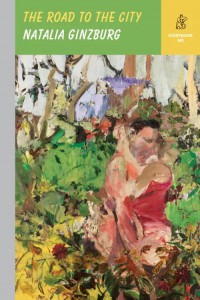
The Road to the City by Natalia Ginzburg, translated from the Italian by Gini Alhadeff, New Directions, 2023
Review by Catherine Xinxin Yu, Assistant Director of Outreach
Seventeen-year-old Delia is a frivolous beauty with neither talent nor sense. Her hobby is to get dolled up in her blue dress, take the dusty road to the city, and stroll around, admiring its affluence. Seeking to escape from the drabness of her townish family, she thought a bright future had beamed on her when a rich doctor’s son began pursuing her, but little did she know that it was an abyss, instead, that beckoned.
The Road to the City is Italian novelist Natalia Ginzburg’s earliest published work, written in 1941 and published in 1942. At the time, she had been sent into internal exile to a village in Abruzzo for her husband’s anti-Fascist activities. Missing her home city of Turin while developing close ties to the locals in Abruzzo, she blended the places and people from memory and real life to craft this nuanced novella, with a snappy style that “[her] mother might like”.
Ginzburg has an incredible talent for depicting explosive clashes within families, integrating insight and humour into her narrative. English readers might already be familiar with her voice through Family Lexicon, her autobiographical novel published in 1963, and in The Road to the City, we see her burgeoning style with same pithy descriptions and wry comedy, surgically precise choice of scenes and voices, refrains of familial sayings as inside jokes and memory triggers, and nuanced character sketches that highlight their contradictions and moral ambiguity. But unlike Ginzburg’s own family, which is soldered with love and a common cause against fascism, The Road to the City traces how a family splinters into pieces from collective shame and spite.

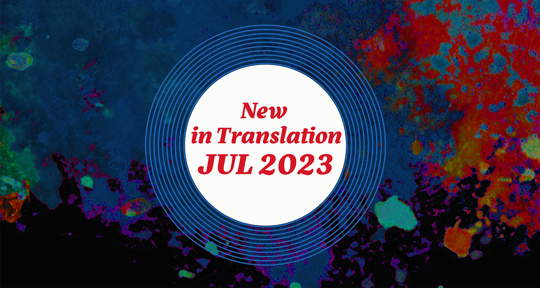
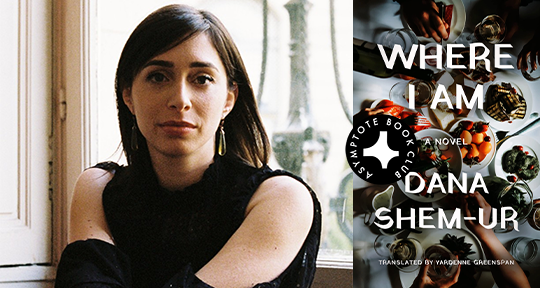
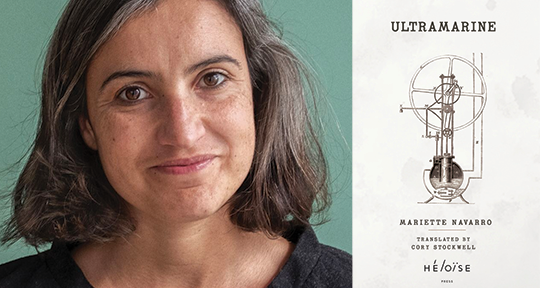
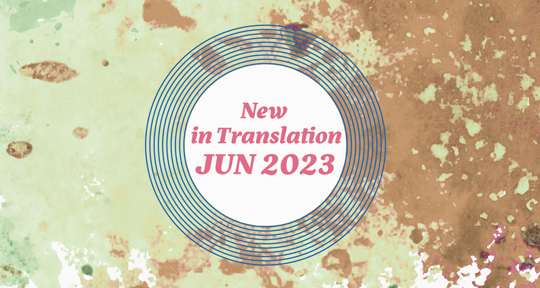
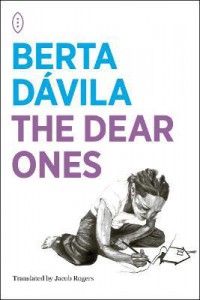

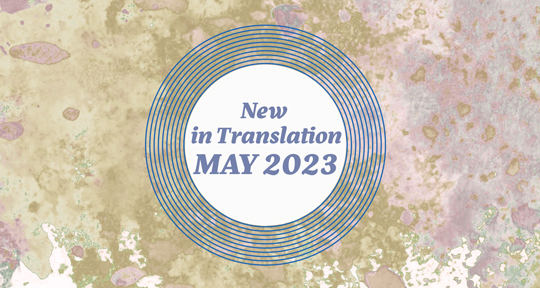
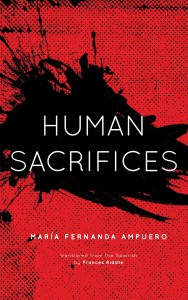

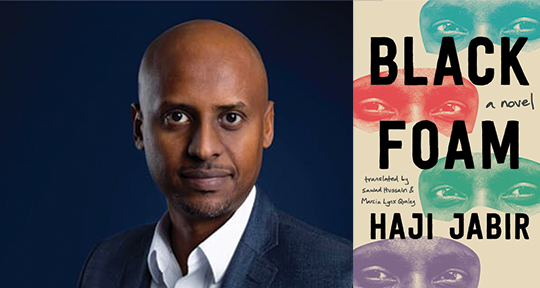
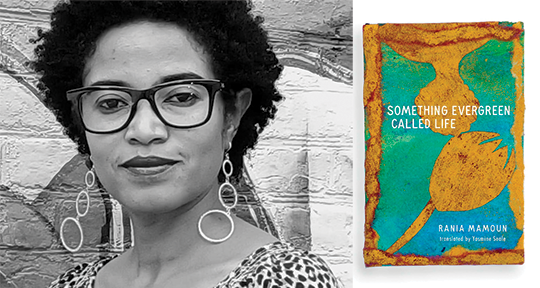
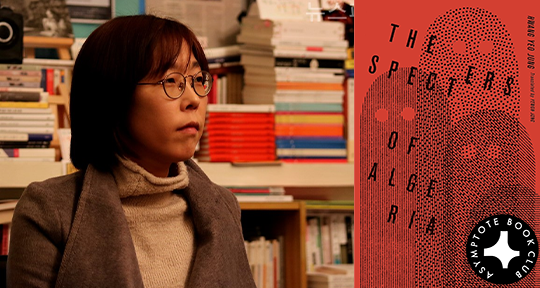

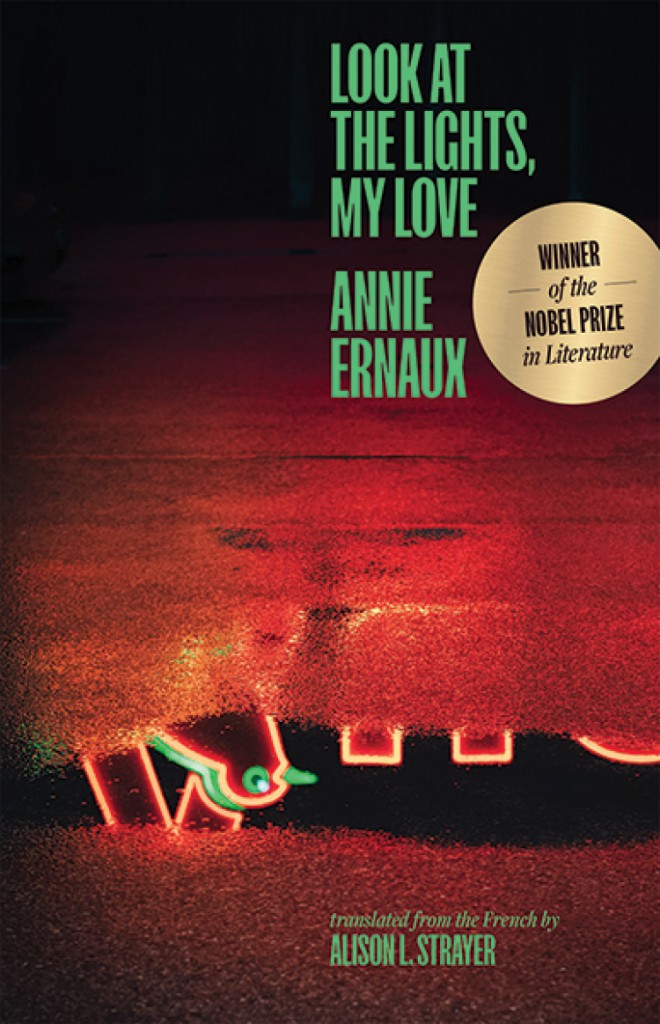

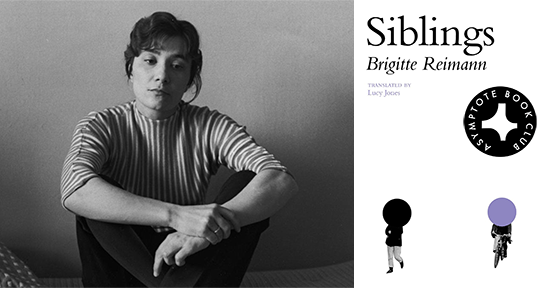
From Silly to Deadly: On Shalash the Iraqi by Shalash
. . .key to the humourist’s arsenal is none other than language itself—its malleability, its capacity for aggrandisement and diminishment alike.
Shalash the Iraqi by Shalash, translated from the Arabic by Luke Leafgren, And Other Stories, 2023
Anonymity fascinates and seduces. Endless speculations have circled invasively around who Elena Ferrante “truly” is; Catherine Lacey’s recent Biography of X reckons with erasing a layered past with a single letter of the alphabet; the first season of Bridgerton, the hit Regency-era romance on Netflix, has its narrative engine propelled by the question of Lady Whistledown’s real identity. These instances from the Global North exemplify the allure of mystery, but they fail to account for the stakes of remaining nameless in a political climate where to unveil oneself might be to threaten one’s own safety.
One might, in a moment of facetiousness, think of the eponymous chronicler of Shalash the Iraqi as the Lady Whistledown of Iraq’s Sadr City (or Thawra City, as it is lovingly christened by Shalash). Both issued frequent dispatches from within the epicentre of social disarray, guaranteeing the pleasure of gossip. More importantly, their pseudonymous veneers facilitated a lurid candour that might not otherwise have been possible.
There the similarities end. The respectable circles of upper-crust London did not live in the penumbra of foreign occupation. Nor were they plagued with the constant risk of spectacular sectarian violence, or hampered by a corrupt government that has “thieves, cheats, swindlers, traders in conspiracies” for politicians. It was against such chaos that Shalash released his explosive, timely blog posts, garnering a rapidly expanding local readership despite patchy Internet access in the country. The academic Kanan Makiya tells us, in his introduction, that people were printing out the posts, “copying them longhand,” “bombarding Shalash with questions and opinions.” Even high-ranking cadres could not resist partaking in the fanfare: one official expressed admiration while entreating Shalash not to mock him, for fear of his children’s potential disappointment. Another claimed that upon reading the daily communiqués, he would fall off his chair laughing.
Laughter, perhaps, can always be counted on to forge an affinity, if not a unity, beyond fractures of sect, status, and ethnic affiliation. Iraqis would “drop everything for a good laugh”; they gather in bars and down glasses of arak to immerse themselves in a “great, communal, and nondenominational drunkenness.” Shalash knows this, and abundantly turns it to his advantage. Nothing and no one is spared from the crosshairs of his ridicule, populated by a variegated cast that encompasses sermonisers, soldiers, suicide bombers, and donkeys. A vice-president’s verbal pomposity sounds like “he just ate a few expensive dictionaries and is about to lose his lunch.” A woman about to be married off to an Australian cousin is told, should her fiancé divorce her, “just tell everyone that he’s a terrorist and you’ll have nothing to worry about.” An odious neighbour, eager to save a spot for himself in paradise, proselytises the necessity of voting in the referendum for Iraq’s new constitution: “Don’t you know the going rate for rewards in heaven for helping ratify the constitution? It’s worth a hundred visits to the shrine of the Eighth Imam, and that’s on the far side of Iran!” When the narrator casually uses Google Earth, he is accused of lecherously spying on the women of his residence, sparking off a widespread hysteria—and court case—about the “violation of the morals of the block.” Each instance of mockery is a shard in a wider mirror of collective trauma.
READ MORE…
Contributor:- Alex Tan
; Language: - Arabic
; Place: - Iraq
; Writers: - Abu al-Qasim
, - Ahmed Saadawi
, - Catherine Lacey
, - Elena Ferrante
, - Emily Dickinson
, - Hassan Blasim
, - Kanan Makiya
, - Maya Abu al-Hayyat
, - Shalash
; Tags: - American occupation
, - anonymity
, - arabic literature
, - blogging
, - humor
, - Iraqi literature
, - social commentary
, - US Invasion of Iraq